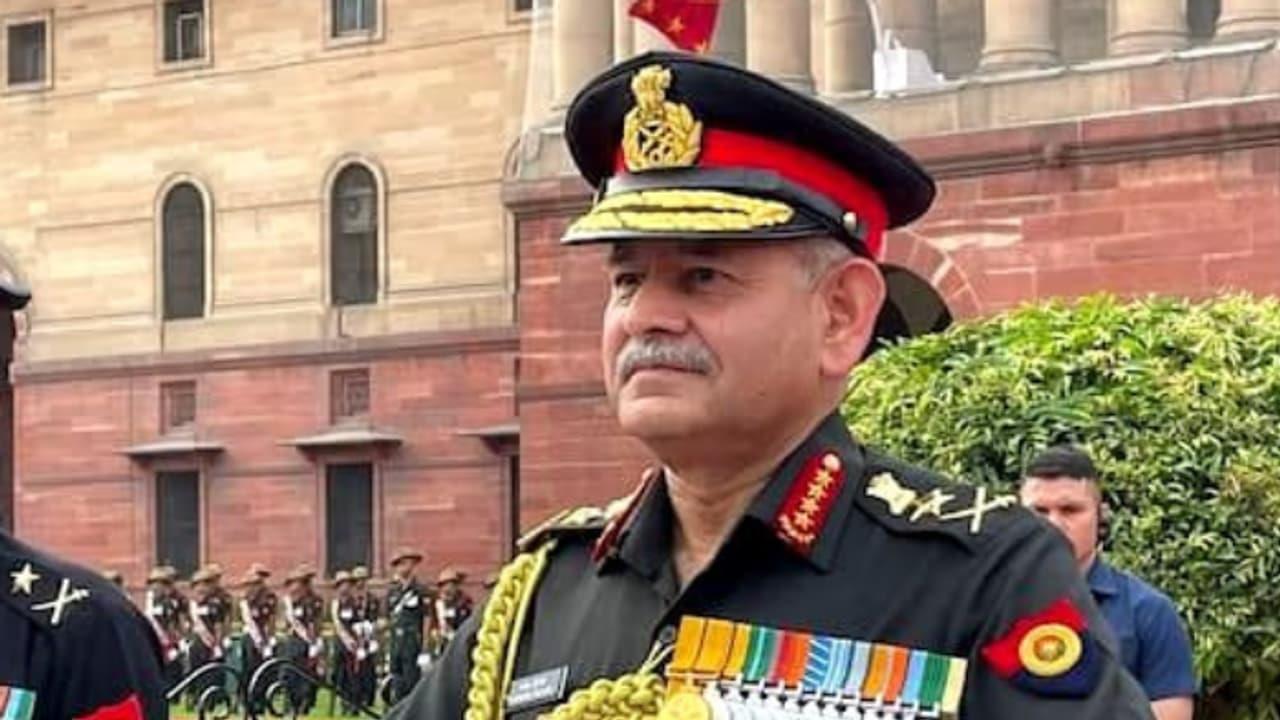Indian Army Chief Gen Upendra Dwivedi, Wife Pledge To Donate Organs After Death (WATCH)
New Delhi: Indian Chief of Army Staff General Upendra Dwivedi, along with his wife Sunita Dwivedi, has pledged to donate their organs after death, setting a powerful example of service and compassion beyond the call of duty. Speaking at the event, Upendra Dwivedi said that serving the nation and society is a core responsibility, and organ donation is one meaningful way to fulfill that duty. "India is known for nearly 20,000 organ transplants per year, which is ranked second after the United States... The duty of the army is to prioritise the welfare of the country and the society and organ donation is one of the ways of this duty... If we move forward in this direction, it will be a message to society that a true soldier stands for the service of humanity, even after death," he added.
#WATCH | Delhi | Chief of Army Staff Gen Upendra Dwivedi says, "India is known for nearly 20,000 organ transplants per year, which is ranked second after the United States... The duty of the army is to prioritise the welfare of the country and the society and organ donation is... twitter/RU7LJtW3ZW
- ANI (@ANI) August 20, 2025
In India, organ donation is a voluntary act that can save multiple lives. Anyone above the age of 18 can pledge to donate their organs after death. To do so, individuals can register through the official website of the National Organ and Tissue Transplant Organization (NOTTO) at . After registration, a donor card is issued, which the individual should carry and also inform their family about their decision, as family consent is required at the time of donation.
Organs such as the heart, liver, kidneys, lungs, pancreas, and intestines can be donated after brain death, while tissues like corneas, skin, heart valves, and bones can be donated after natural death. Brain death must be certified by a team of authorized doctors before organ retrieval. Living donations are also possible for certain organs like a kidney or a portion of the liver, usually between close relatives, and require approval from an authorization committee. Hospitals registered under the Transplantation of Human Organs Act (THOA) handle the medical and legal processes of organ donation. Raising awareness, registering as a donor, and encouraging others to do the same can contribute significantly to saving lives and addressing the growing demand for organ transplants in India.
Legal Disclaimer:
MENAFN provides the
information “as is” without warranty of any kind. We do not accept
any responsibility or liability for the accuracy, content, images,
videos, licenses, completeness, legality, or reliability of the information
contained in this article. If you have any complaints or copyright
issues related to this article, kindly contact the provider above.
Most popular stories
Market Research

- BTCC Summer Festival 2025 Unites Japan's Web3 Community
- Ethereum Based Meme Coin Pepeto Presale Past $6.6 Million As Exchange Demo Launches
- Ecosync & Carboncore Launch Full Stages Refi Infrastructure Linking Carbon Credits With Web3
- Invromining Expands Multi-Asset Mining Platform, Launches New AI-Driven Infrastructure
- BTCC Announces Participation In Token2049 Singapore 2025, Showcasing NBA Collaboration With Jaren Jackson Jr.
- Innovation-Driven The5ers Selects Ctrader As Premier Platform For Advanced Traders






















Comments
No comment